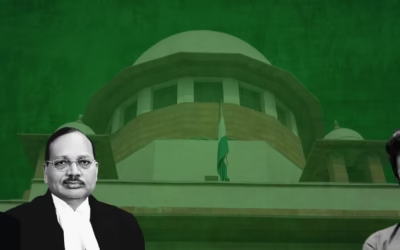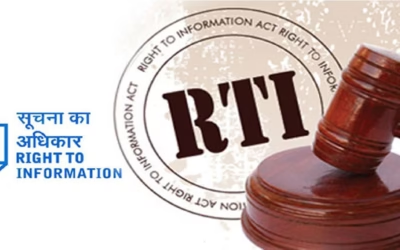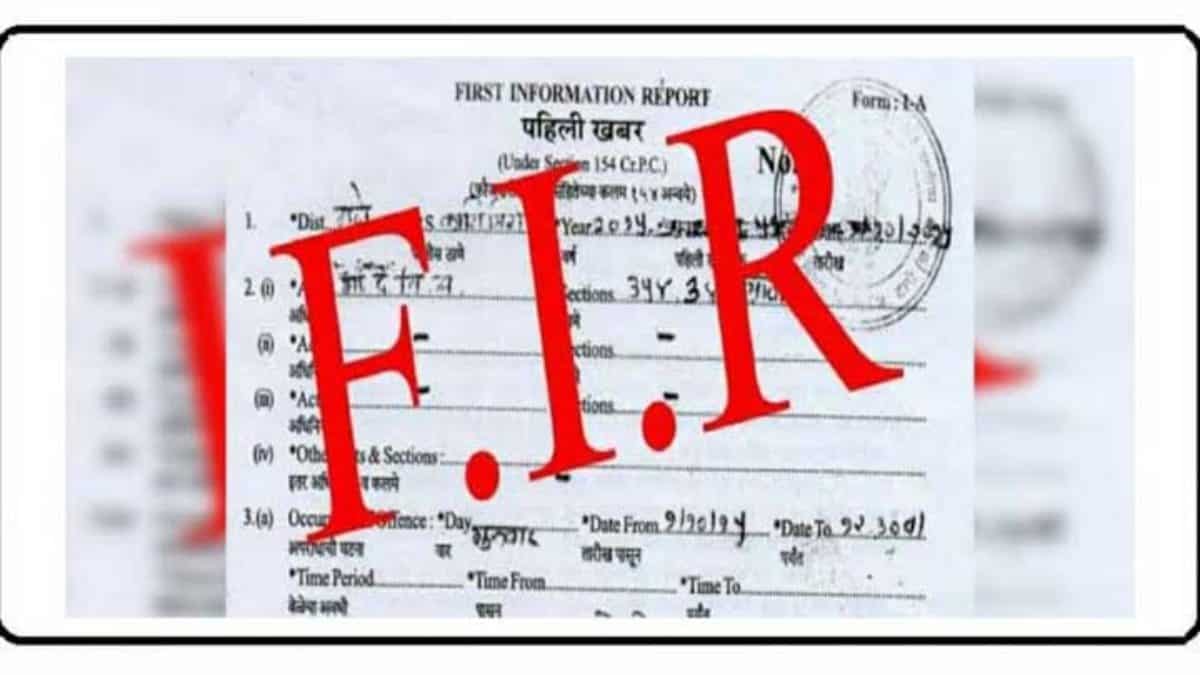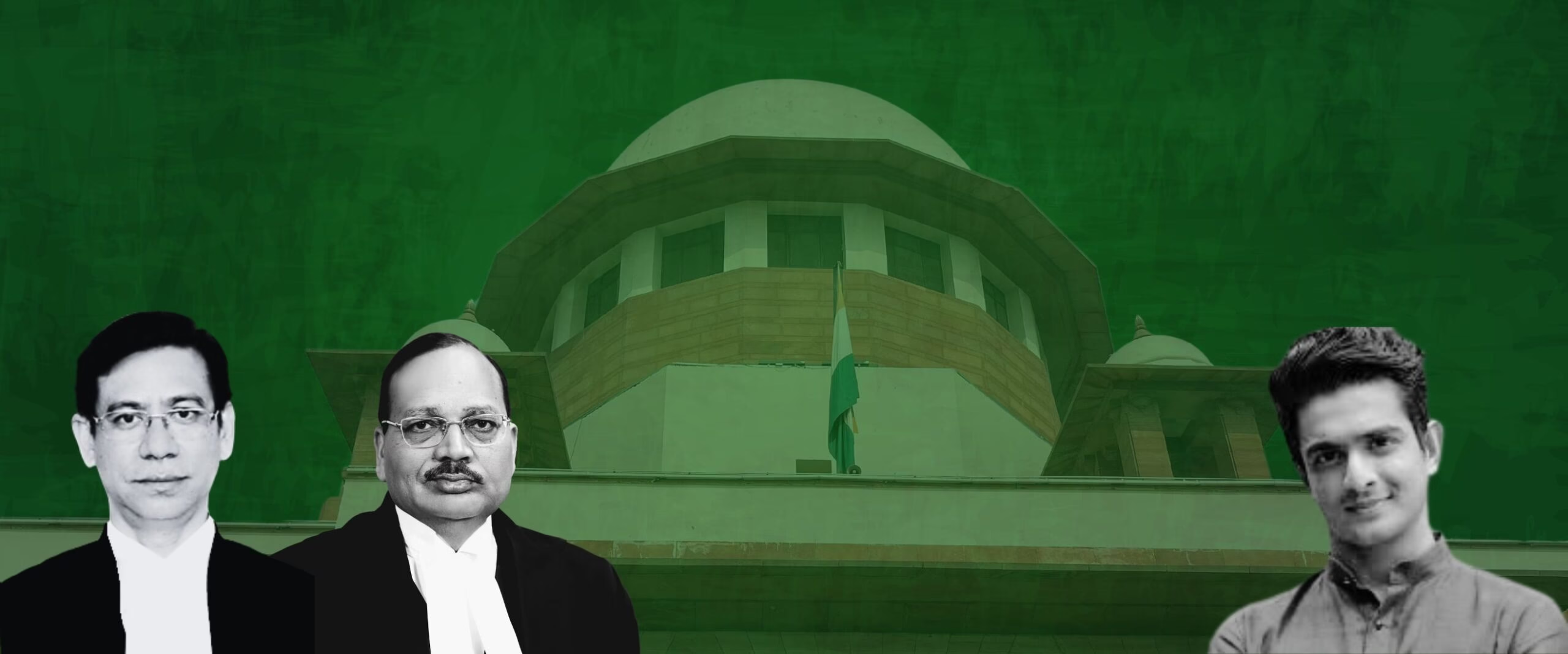
Understanding the Uniform Civil Code (UCC): Key Updates, Differences, Advantages, and How to Utilize It
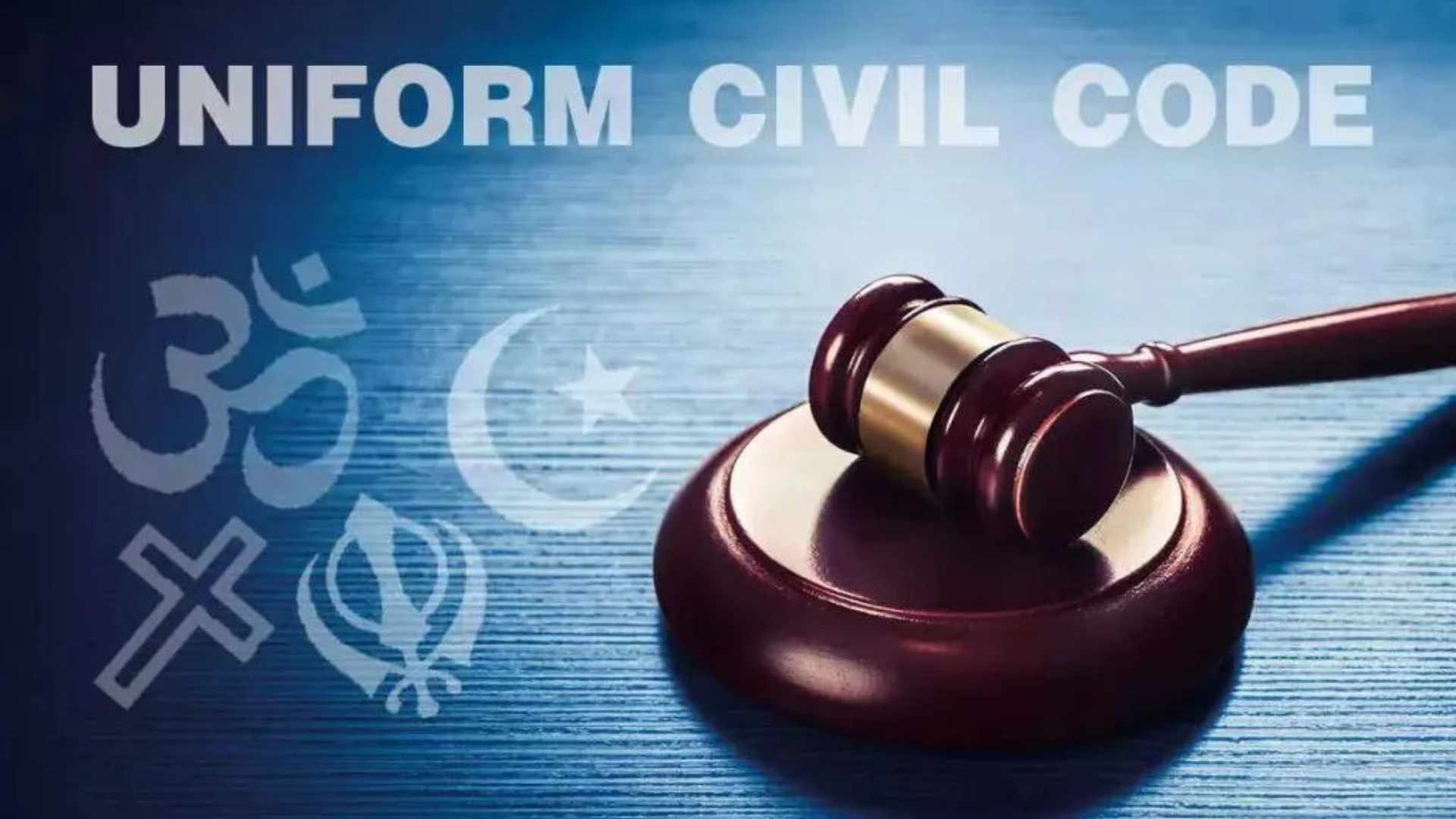
The Uniform Civil Code (UCC) is a concept in Indian law that has sparked extensive debate and discussions in recent years. It seeks to replace the various personal laws currently governed by religion, with a single unified legal framework applicable to all citizens, regardless of their faith. The goal of the UCC is to provide equality and justice by ensuring that every citizen is subject to the same legal system in personal matters such as marriage, divorce, inheritance, and adoption.
The need for a UCC arises from the fact that in India, personal laws are often shaped by religious customs, which can lead to disparities in how people are treated under the law based on their religion. In this article, we will explore what the UCC is, how it differs from current laws, its advantages, and how we can utilize it in a changing society.
What is the Uniform Civil Code (UCC)?
The Uniform Civil Code (UCC) refers to a proposed law in India that aims to provide a single legal framework that governs the personal affairs of all Indian citizens, irrespective of their religion. Personal matters such as marriage, divorce, inheritance, and adoption are often governed by different sets of laws depending on the individual’s religion (Hindu, Muslim, Christian, etc.).
In India, personal laws for different religious communities have been derived from religious texts and customs. However, the UCC aims to replace these with a common set of secular laws that apply equally to all citizens, irrespective of their religion, caste, or gender.
The UCC seeks to fulfill the constitutional promise of equality and justice as stated in Article 44 of the Indian Constitution, which encourages the state to secure a uniform law for its citizens. This law would ensure that all people have access to the same legal rights and protections, fostering national unity and secularism.
How is UCC Different from Current Laws?
India’s current legal framework is based on a diverse set of personal laws that differ significantly between religious communities. Let’s break down how these laws differ from the proposed UCC.
- Marriage and Divorce Laws:
- Hindus follow the Hindu Marriage Act, 1955, which sets the legal framework for marriage, divorce, and inheritance.
- Muslims, on the other hand, follow their own Personal Law (Shariat Act, 1937), which allows for practices like polygamy and unilateral divorce (talaq).
- Christians follow the Indian Christian Marriage Act, 1872, which regulates marriage and divorce but has different rules regarding divorce compared to Hindus and Muslims.
- The UCC would create a uniform process for marriage and divorce, ensuring equal rights for both spouses, regardless of their religion.
- Inheritance and Property Rights:
- Hindu succession laws allow for the division of property among heirs, with provisions for both male and female heirs.
- Muslim inheritance laws, as outlined by the Quran, dictate the division of property among heirs with fixed shares for male and female children.
- Christian inheritance laws differ and are governed by the Indian Christian Succession Act, 1925.
- The UCC would establish a single legal framework for inheritance, ensuring equal rights for women and eliminating disparities between religious groups.
- Adoption Laws:
- Adoption laws in India also vary across religions. For example, the Hindu Adoption and Maintenance Act, 1956, allows Hindus to adopt children, while Muslims do not have a formal law for adoption (they practice Kafala).
- The UCC would provide a unified system for adoption, ensuring that all children, regardless of their religious background, have equal rights to be adopted and treated with dignity.
The key difference between the UCC and current laws is the uniformity and equality it proposes. Instead of multiple personal laws, UCC advocates for a common law that ensures equal treatment for all citizens in matters related to marriage, divorce, inheritance, and adoption.
Key Updates Regarding the UCC in India (Latest Developments)
The UCC has remained a subject of debate and discussion for decades, and various political parties, legal experts, and religious groups have either supported or opposed its implementation. However, there have been some recent updates in the movement towards UCC.
- Legal Proposals and Discussion: Over the years, there have been multiple proposals for the implementation of UCC, including the B.N. Srikrishna Commission Report and the Law Commission Reports. However, the issue has remained largely unresolved in Parliament due to opposition from various religious groups that fear the infringement of their religious freedom.
- Judicial Backing: The Supreme Court of India has shown support for UCC in its various rulings, recognizing the need for a uniform law to promote equality and gender justice. For instance, in the Shah Bano case (1985), the Supreme Court emphasized the importance of a common law for all citizens in personal matters, even though the decision was controversial at the time.
- State-Level Movements: Goa has already implemented a form of UCC through the Goa Civil Code, which governs personal laws for all citizens regardless of religion. Goa’s success in implementing a common civil code has led to renewed calls for a national UCC.
- Political and Public Discourse: In recent years, political parties and lawmakers have revisited the discussion on UCC, particularly in the context of promoting gender equality and secularism. Supporters of UCC argue that its implementation will ensure equal rights for all citizens and promote national integration.
Advantages of the Uniform Civil Code (UCC)
The adoption of the Uniform Civil Code in India offers several advantages, which will lead to a more just, equitable, and unified society.
- Promotion of Equality: The UCC aims to provide equal treatment to all citizens, irrespective of their religion or community. This promotes the principle of equality enshrined in the Indian Constitution, ensuring that no citizen is discriminated against based on their religious affiliation.
- Gender Justice: One of the key advantages of the UCC is that it will ensure equal rights for women across all religious communities. Currently, women in certain religious communities (such as Muslim women under the Sharia law) face discrimination in marriage, divorce, and inheritance matters. The UCC would create a fair and equitable system that treats men and women equally, empowering women with the same legal rights.
- Uniformity in Laws: By consolidating all personal laws into a single legal framework, the UCC will eliminate the complexity and confusion caused by different laws for different religions. This uniformity will make it easier for individuals to understand their rights and responsibilities and will also streamline legal proceedings.
- Social Integration: The UCC is seen as a tool for social integration, as it would reduce the religious and cultural divides that exist due to different personal laws. A uniform law would promote unity in a diverse country like India, fostering a sense of national identity.
- Judicial Efficiency: The UCC would also make legal proceedings more efficient by reducing the need to deal with multiple personal laws in courts. Legal professionals would no longer need to navigate the complexities of different community-based laws, leading to faster and more streamlined judicial processes.
How to Utilize the Uniform Civil Code
- For Citizens: Once the UCC is implemented, it will impact the personal lives of citizens. Individuals should educate themselves about the changes and understand their rights under the new system. Citizens can consult with legal professionals to seek clarity on how UCC will affect their marriage, inheritance, and other personal matters.
- For Legal Professionals: Lawyers and legal practitioners will play a crucial role in guiding clients through the changes brought about by UCC. They will need to stay informed about the new legal provisions, provide legal advice, and help clients navigate the new legal framework.
- For Businesses: Corporations and businesses will need to adapt their employee policies to account for the changes in personal laws under the UCC. Companies should ensure that their employee welfare programs are aligned with the new legal provisions on marriage, inheritance, and divorce.
- For Legal Reforms and Advocacy: Legal professionals, academics, and civil society organizations can play an important role in advocating for the implementation of UCC. They can participate in public discussions, engage with policymakers, and educate the public about the benefits of the UCC.
Criticism and Challenges of UCC
- Religious Opposition: One of the biggest challenges in implementing the UCC is the opposition from religious groups who believe that it will infringe upon their religious freedoms. Many argue that the UCC would undermine the autonomy of religious practices.
- Implementation Challenges: While Goa has successfully implemented a form of the UCC, applying it across all of India may face significant challenges due to the diversity of religious customs and practices.
- Balancing Tradition and Modernity: Critics argue that the UCC might be seen as an attack on religious traditions. It will be crucial to find a balance between modern legal principles and respecting religious diversity.
Conclusion
The Uniform Civil Code presents an opportunity to create a more equal, just, and unified legal system in India. While it may face challenges in implementation, its potential to promote gender equality, social integration, and judicial efficiency makes it an important step toward achieving a more modern and inclusive society. By educating ourselves about the UCC and supporting its implementation, we can help build a more harmonious and fair India for all citizens, regardless of their religion.



